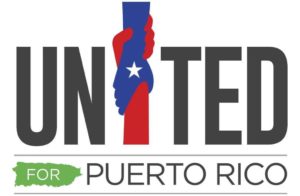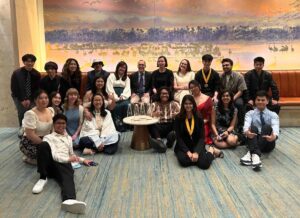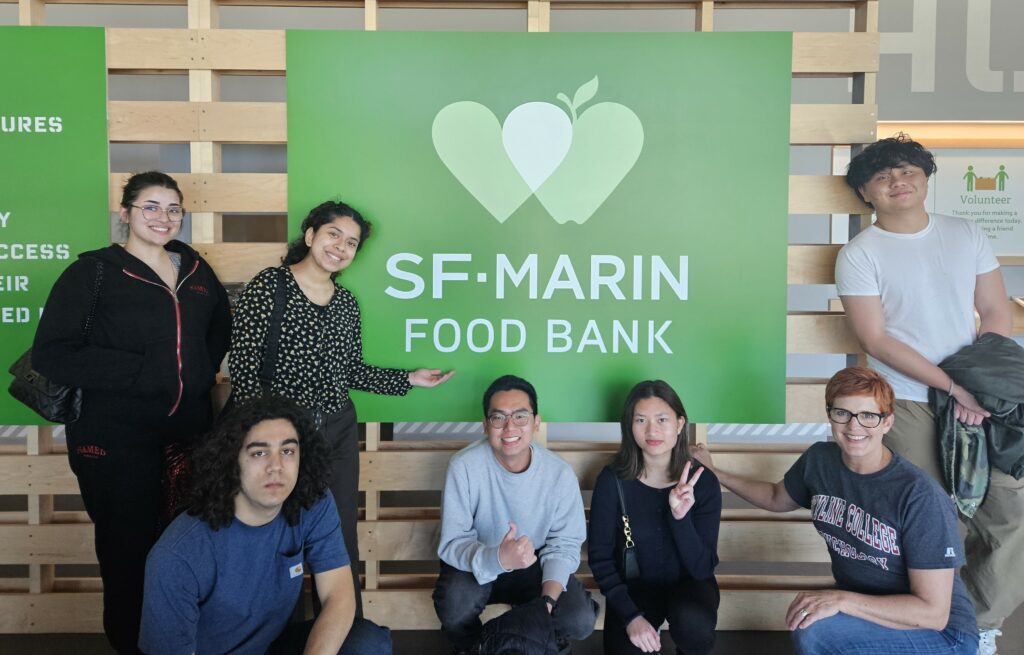 After discussing research on helping behavior, students enrolled in the social psychology program applied the information by soliciting donations for the relief effort in Puerto Rico. They broke into groups and, based on information discussed in class, developed helping-related hypotheses that included the following variables:
After discussing research on helping behavior, students enrolled in the social psychology program applied the information by soliciting donations for the relief effort in Puerto Rico. They broke into groups and, based on information discussed in class, developed helping-related hypotheses that included the following variables:
- Gender: Student hypothesized that females would donate more often than males.
- Location: Students hypothesized that people would be more likely to donate in front of a church vs. a grocery store.
- Group vs. individual: Students hypothesized that people in a group would be more likely to donate than alone.
- Reward: Students hypothesized that people would be more likely to donate if a reward was offered (a piece of candy).
Students had one week to test their hypotheses by collecting donations. As a result of their informal research, a total of $200 was collected and donated to United for Puerto Rico.
Article by Jennifer Merrill






